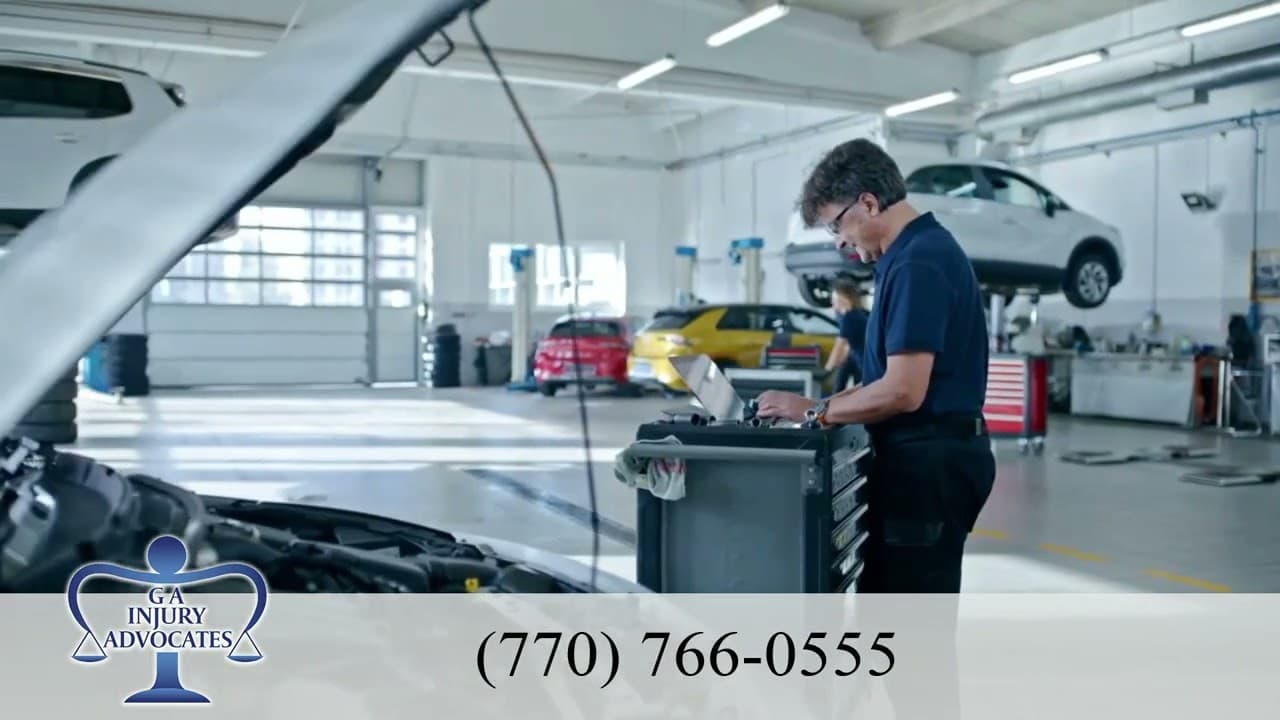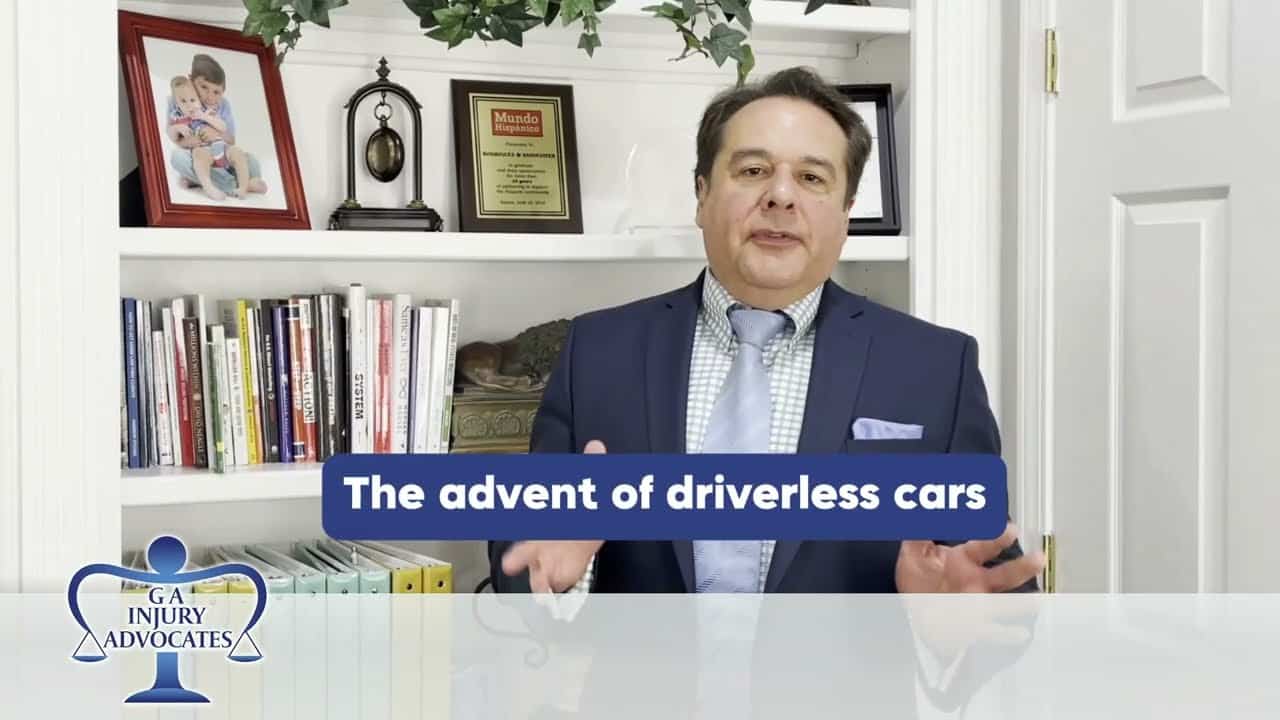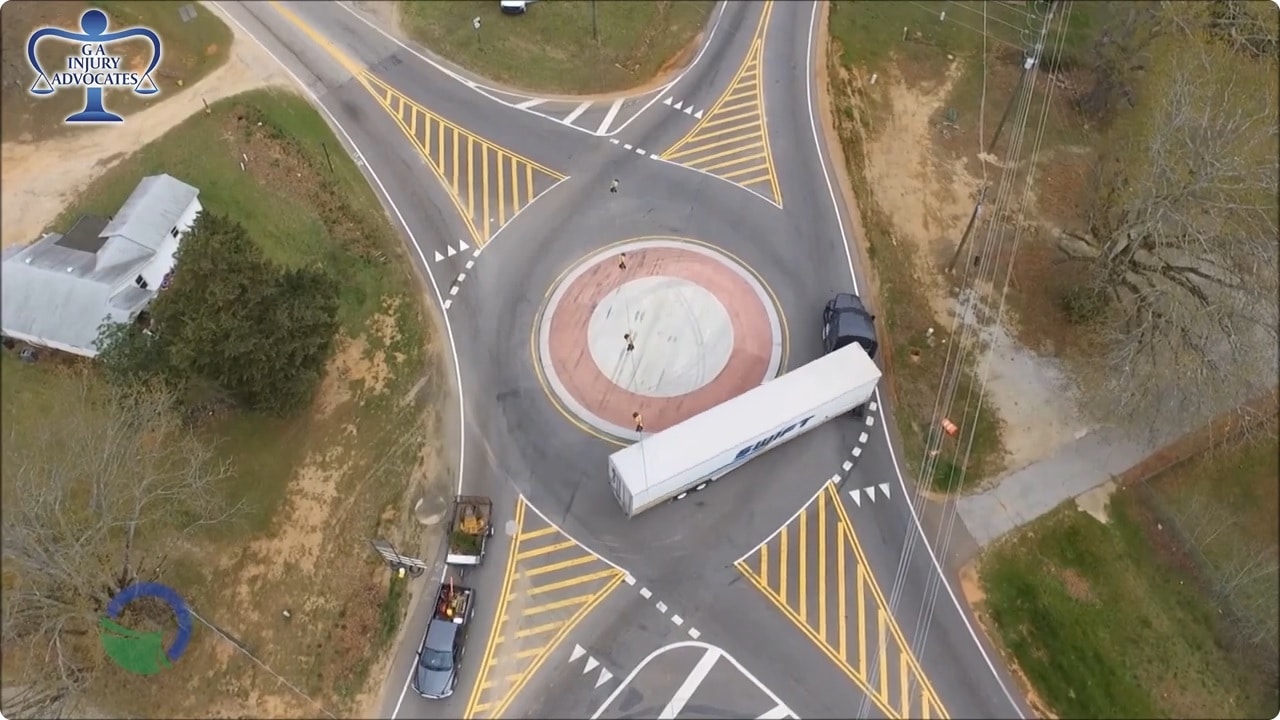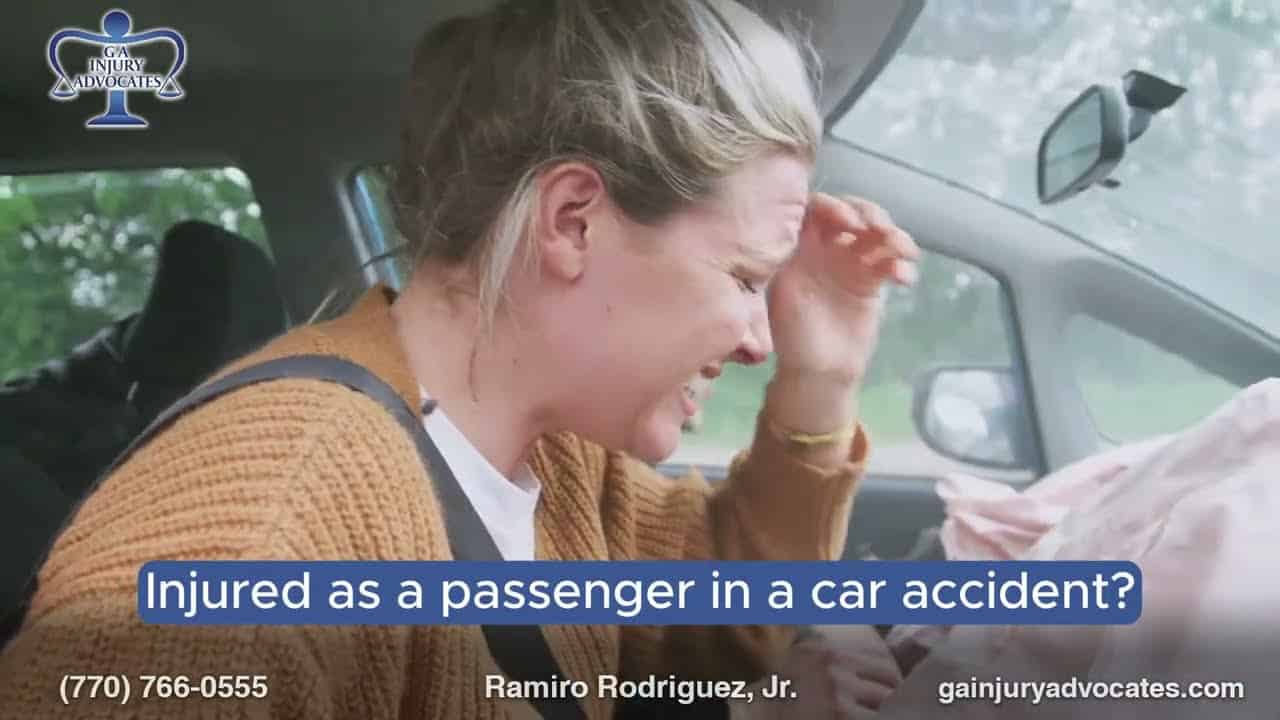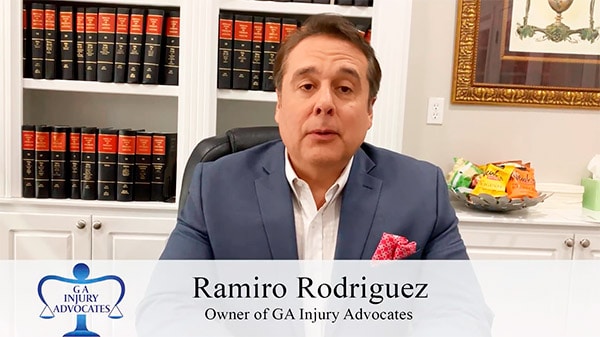🚗🤖 How Driverless Cars Are Transforming Transportation and Personal Injury Law
The advent of autonomous vehicles—commonly known as self-driving cars—is revolutionizing the transportation industry. What once seemed like a futuristic concept is now becoming a reality on roads across the United States and around the world. These driverless cars are equipped with advanced sensors, artificial intelligence, and machine learning algorithms designed to improve road safety and reduce the number of traffic accidents caused by human error. Learn from Injury Attorney Ramiro Rodriguez, Jr. from Georgia Injury Advocates. Let’s get in touch to review your case! Call us now at 📞(770) 766-0555
Injured in a Car Accident?
Satisfied clients: 4.8 star +Google Reviews
To learn how we can help you with your case, please contact us.
From a public safety perspective, this is a game-changer
Proponents of autonomous vehicles argue that fewer accidents mean fewer injuries and fatalities, as the majority of crashes today are caused by distracted driving, speeding, or impaired driving. With autonomous systems theoretically eliminating these human errors, we could see a significant drop in road-related injuries and deaths.
However, as with any disruptive technology, the rise of self-driving vehicles brings a new set of legal challenges—especially in the field of personal injury law. When an accident occurs involving a driverless car, determining liability becomes far more complex. Traditional personal injury claims usually involve one or more human drivers. But in the case of autonomous vehicles, the question becomes: Who is at fault—the vehicle owner, the car manufacturer, the software developer, or another third party?
These new liability issues are forcing lawmakers, courts, and attorneys to rethink how they handle auto accident claims involving self-driving cars. Insurance policies may also need to evolve, with some experts suggesting that personal auto insurance could be replaced or supplemented by product liability insurance or tech-based coverage.
Furthermore, there is growing concern over how data from autonomous vehicles—such as black box recordings and real-time sensor data—will be used in legal proceedings. Who owns the data, and can it be used to support or dispute a personal injury claim?
As autonomous vehicles continue to integrate into our transportation systems, personal injury law must adapt. Legal professionals will need to stay informed on the latest developments in self-driving technology, as well as the evolving regulations and case law surrounding it.
💡 Have questions about your rights in a driverless car accident? Georgia Injury Advocates is here to help!
📞 Call us today at (770) 766-0555 for a free consultation, or request a call for an initial consultation with us through the online form below. Hablamos Español.
👉 Your case, your future, your justice.
Let’s Get in Touch to Review Your Case!
GA Injury Advocates
Latest posts by GA Injury Advocates (see all)
- TRUST is Our Core Value ⚖️💙 - November 6, 2025


